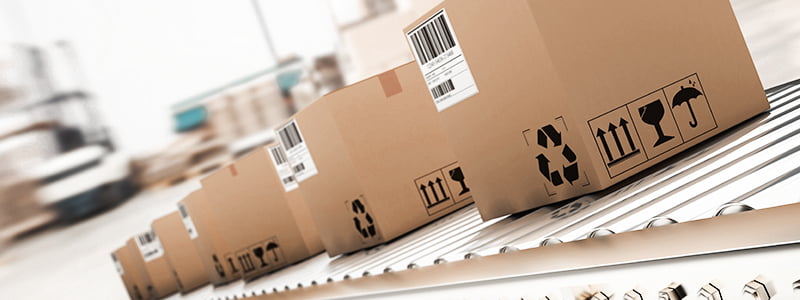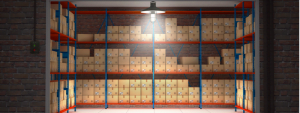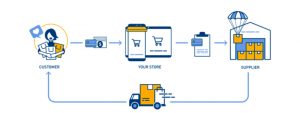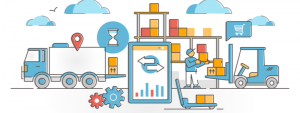Is your business about making things? Maybe you make everything yourself or maybe you pay somebody else to make things for you. Whichever way you go you need to decide how you will get your products into the hands of paying customers.
Distributor or reseller: which path will you choose? This is an important choice as there are advantages and disadvantages with both choices. We will look at the benefits and drawbacks of both models.
Why Not Sell Directly?
Maybe you do not need any help in reaching your customers. Perhaps you can just set up a web site with an e-commerce engine and sell online as much as you can produce. Or perhaps you can open a shop or stall and sell as much as you produce directly.
Selling directly gives you control over quality and marketing and gives you a better profit as you do not have to share it with any other business.
However, selling directly will limit the size of your business. You will have to find your own customers and pay all the marketing costs of finding those customers yourself. As well, you will need the energy and skills to manage both sides of the business at the same time. You will also have to handle support and returns.
So what does the choice between distributor or reseller mean?
Distributor
A distributor will work closely with you as a manufacturer and the distributor will have relationships with many retailers. If you get a distributor to handle your products, the distributor will make you products available to any of those retailers who want to sell them. Those retailers will already have relationships with customers so you will have to invest less in marketing. A distributor often has specialist skills in a region or country and can help with getting regulatory and other government approvals for your products.
Your distributor may take on some of the marketing responsibility themselves. You will still need to do some marketing to either make the retailers aware of your products or to get their customers to ask for your products, so the retailers buy from the distributor.
The distributor will buy your products from you (at a considerable discount) and then hold them in stock. The distributor also carries the cost of getting the products to the retailers.
A distributor will usually want some sort of exclusivity. For example, they may want exclusive rights to distribute your products in one region or one country.
Reseller
A reseller is what the name says. They take your products and resell them taking a cut of each sale. They do not keep any stock of your products but at the same time the do not demand any exclusivity. As well, they do not do any marketing. These things make them cheaper than a distributor.
The Agreement
Whether you go with a distributor or reseller, make sure that you have an agreement that you are happy to sign up to. This agreement should set out the responsibilities on both sides as well as defining prices and payment terms. The agreement should cover warranties, returns, any marketing issues and any exclusivity arrangements.
Need Help?
Talk to Fullstack about what is the best option for your business. You should also check out: Differentiated Strategy: Building Competitive Advantage.
Was this article helpful?
Related Posts
- Getting ready for Single Touch Payroll
Single Touch Payroll is the ATO’s new initiative to streamline reporting on wages and super.…
- Getting started with Xero Accounting
Thinking of using Xero as your accounting software? We will run over the basic functions…
- Getting the Meeting Rhythm Right Maximises Productivity
Meetings are critical to ensure your team is aligned and working toward the same priorities.…
- Getting started with customer feedback & the NPS
Is there a better way to build customer feedback into your process? Onboarding feedback helps…

















